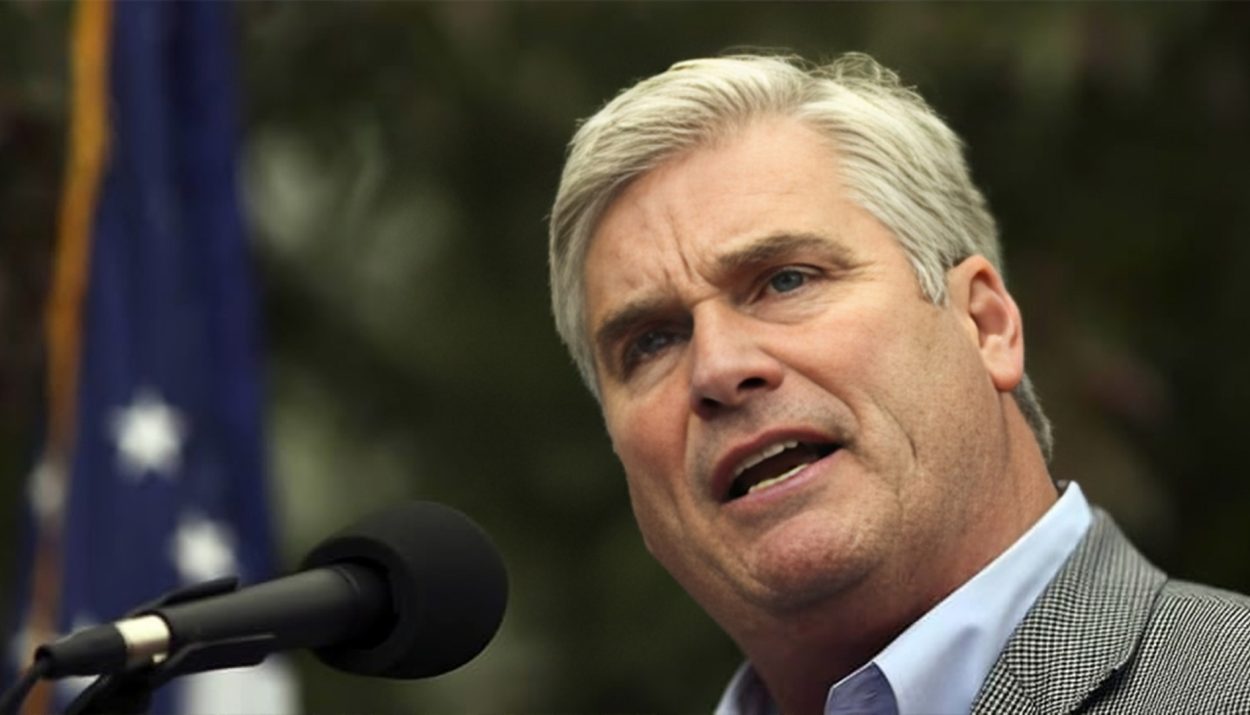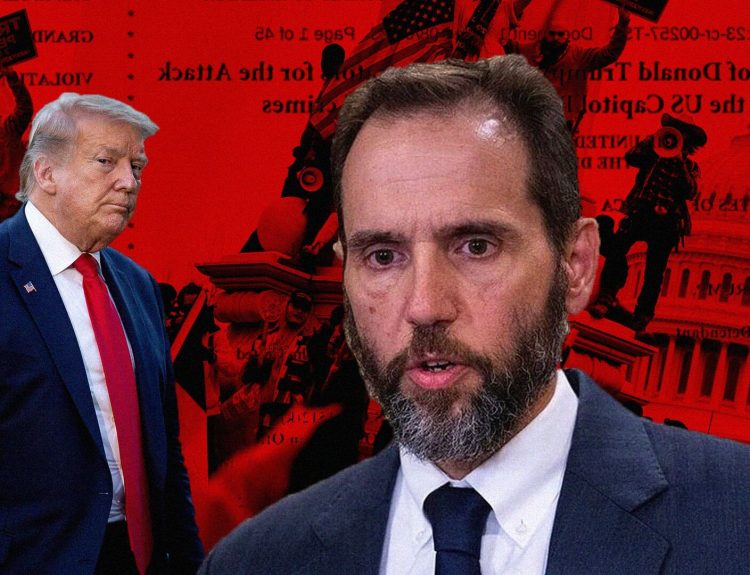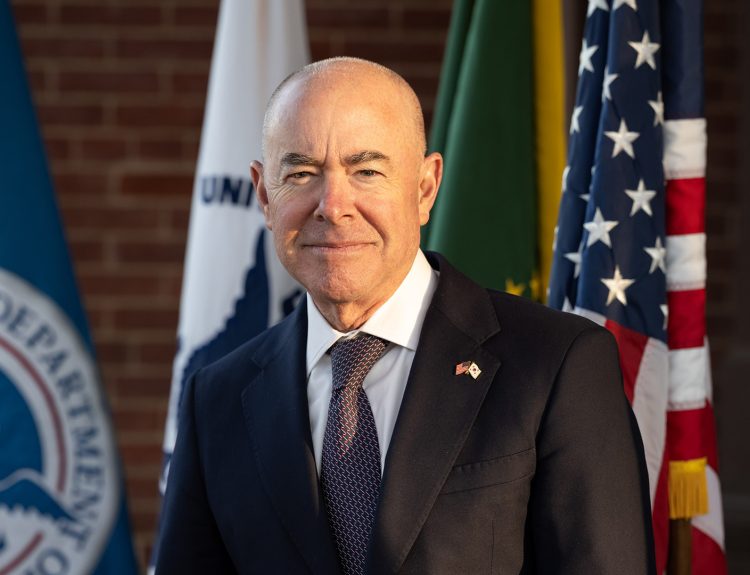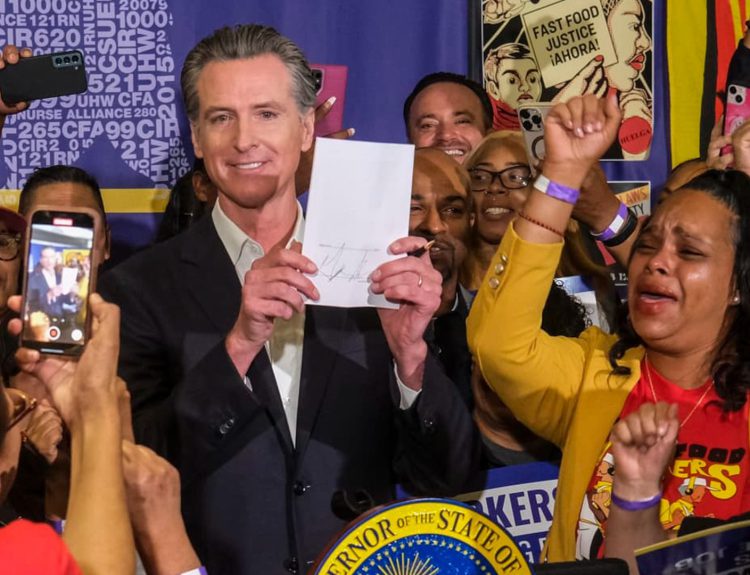er (R-Minn.), the House Majority Whip has requested a review of how Presidents are invited to give the State of the Union speech. By doing this, it also shows that power is divided in American politics. It makes people wonder about the nature of political conversation, the role of the presidency and what will happen to one of America’s most important political occasions.
Emmer Believes That The Address Has Become A Platform For Partisan Rhetoric
Emmer believes that there has been a change in the way State of Union addresses have been made over time. He explains that traditionally, the address is an opportunity for any President to outline his or her legislative agenda and national priorities while today, it has become a platform for partisan rhetoric.
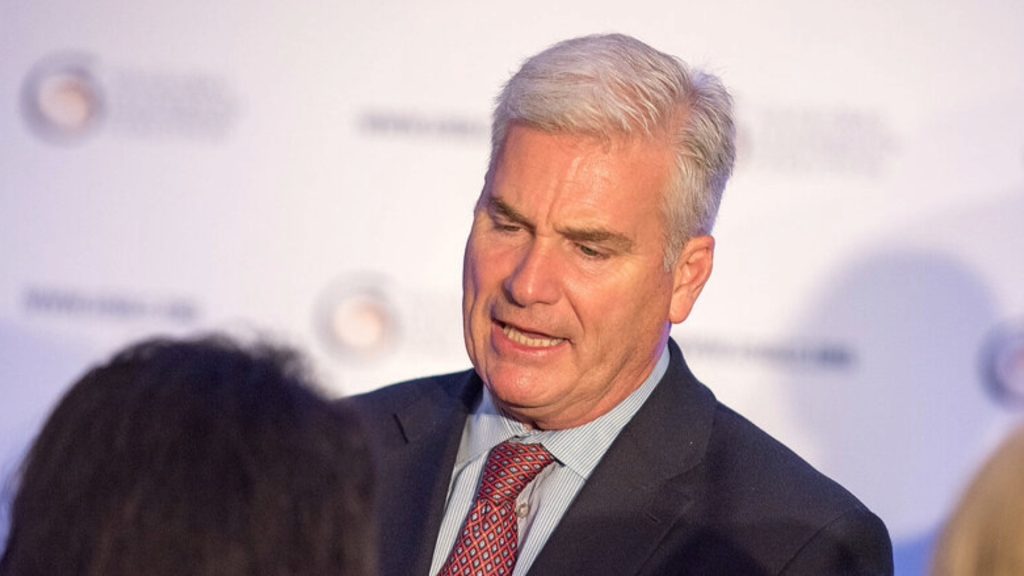
In his opinion, Emmer states that SOTU should be an event where all Americans can come together irrespective of their party lines. However, recently Biden’s address which was far from meeting these requirements.
What Is The State of the Union Address?
It is an annual message delivered by the President of the United States to a joint session of Congress. Over the years, the State of the Union address has become one of the most important events in the American political calendar.
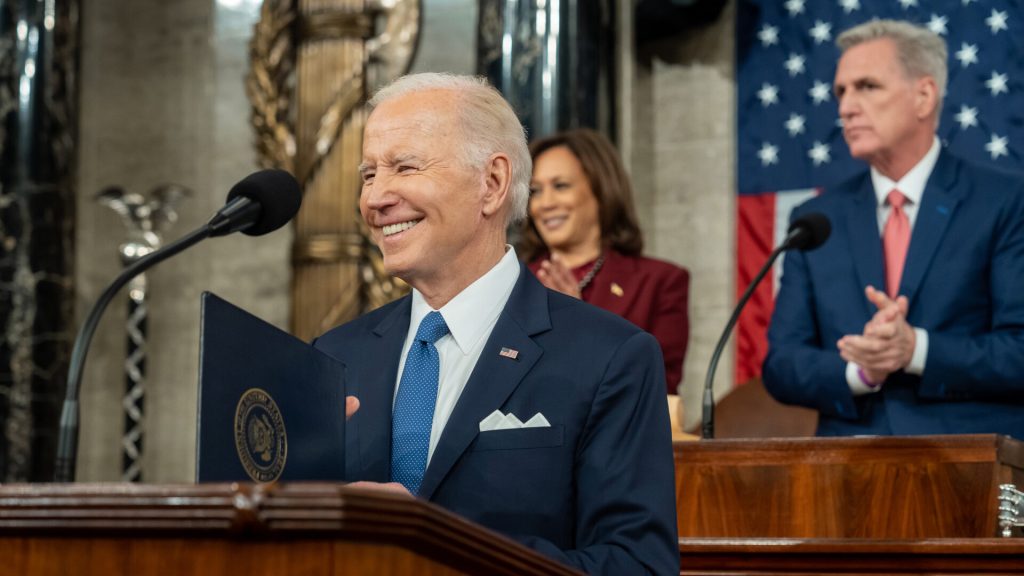
It is an opportunity for the President to outline their legislative agenda, discuss their administration’s achievements, and set the tone for the coming year.
Emmer Labels The 2024 Address as “Divisive“
Emmer labeled the 2024 address as “divisive” and “hyper-partisan”. He alleged that instead of using it to unite the country and lay out a clear legislative agenda, Biden used it as another platform for advancing his political agenda.
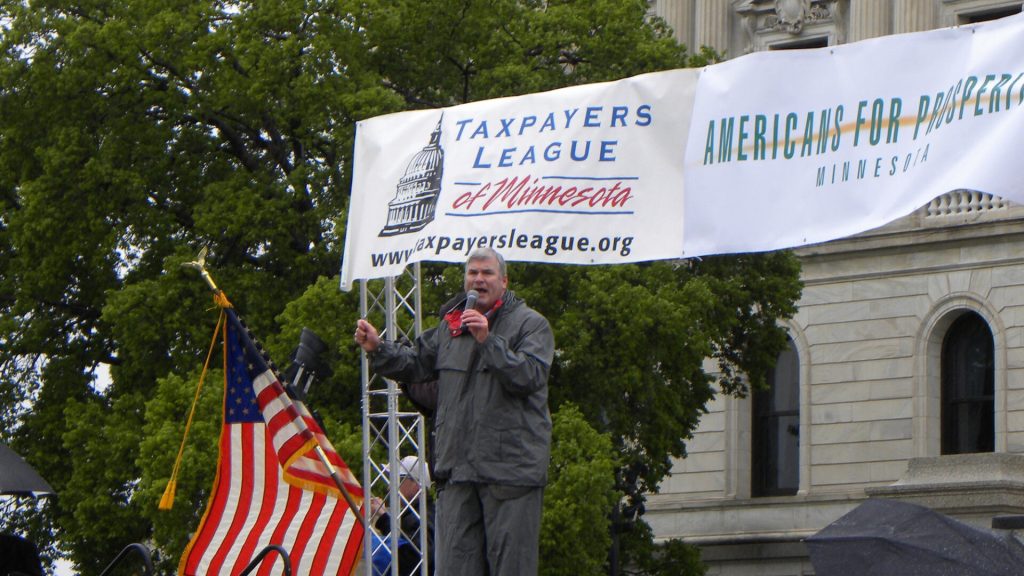
This critique does not just apply to one speech but to something larger about America’s political discourse nowadays; hence raising queries concerning the American presidency again along with the nature of SOTU as well as future American politics.
What Will The Implication Of Emmer’s Comments Be?
If this happens next year when he is re-elected for a second term president may not be invited. This would represent a fundamental break from convention and could potentially have significant implications for the dynamics between the executive branch and legislative branches since then up until now such things have never happened before in this country.
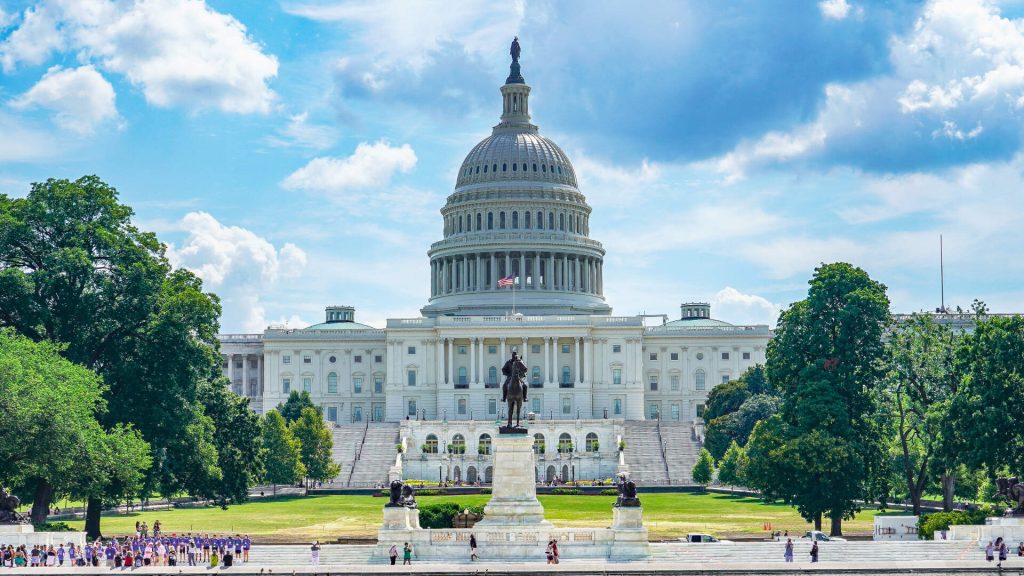
Furthermore, other administrations might follow suit thereby implying no more guaranteeing that the State of the Union address could be used as a direct platform where the president can communicate with Americans and their representatives.
The Reaction To The 2024 Address And Emmers Comments
Emmer’s proposition has provoked mixed reaction. Some people on one side agree with him that the SOTU speech has turned into a political circus in recent years. As such, these individuals are advocating for reforms aimed at repositioning the address on its original course as an apolitical update on how the nation is fairing.
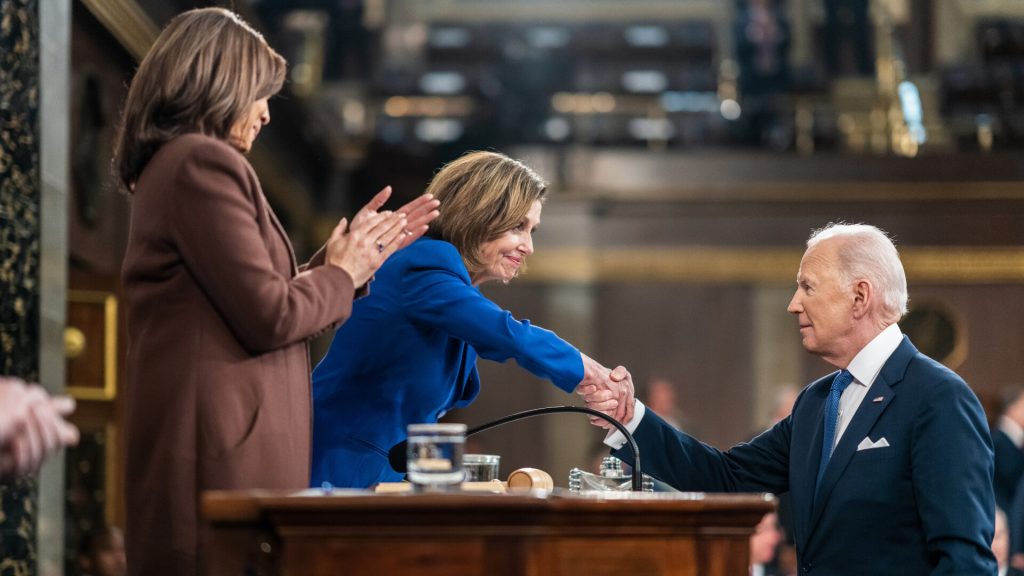
Conversely, others feel that Emmer is just making a mountain out of a molehill. They assert that every State of Union Address is simply an avenue for the President to outline his or her policy agenda given this; it should come as no surprise if it correlates with the sitting president’s political affiliations.
The Historical Context Of The State Of Union Address
The history of the State of the Union address goes back to the first address given by George Washington in 1790. It is an opportunity for the President to state his or her policy agenda as well as garner support for it.
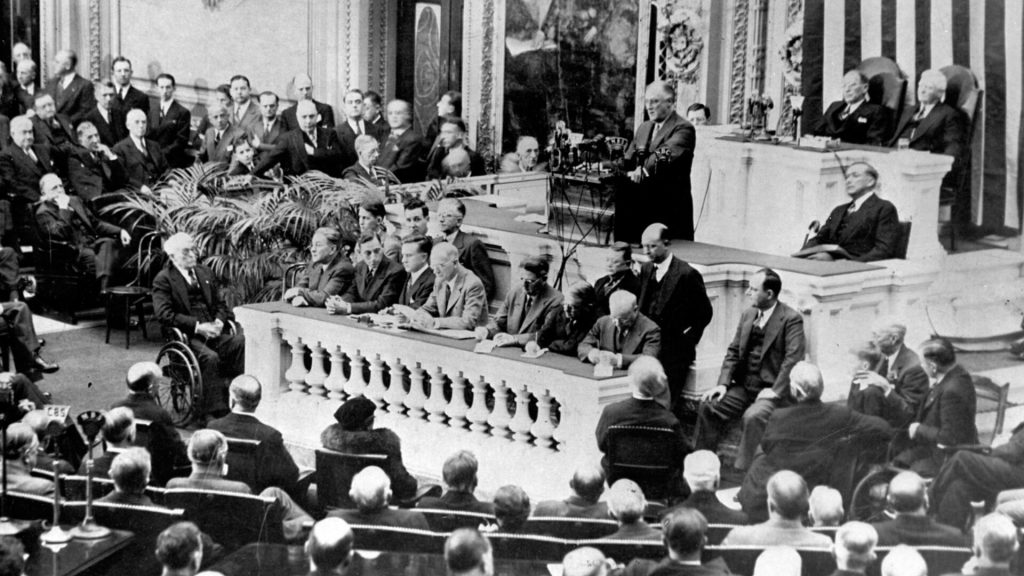
Moreover, Presidents often use this platform to respond to pressing issues of their time and as such it has often mirrored the political climate of a particular era.
What Role Does The President Play During The Address?
The president will give updates on how the country is faring, highlighting improvements registered over the last year and challenges that lie ahead. Conversely, The President is also expected to use this event as a launch pad for his/her policy agenda for that year to attract support them from people while giving instructions on how they can be navigated through successfully.
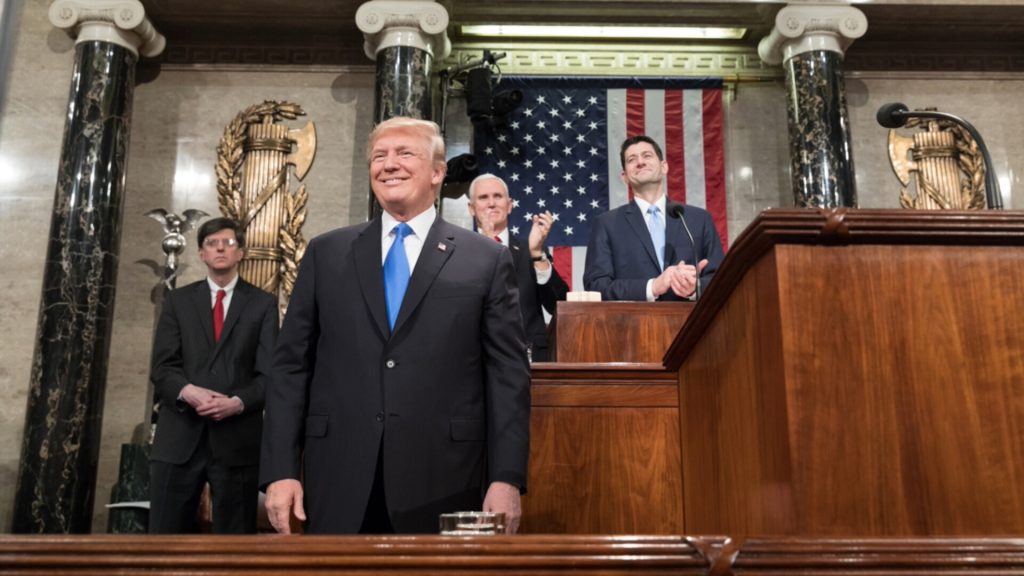
For this reason, The President needs to balance between these two roles: objectively updating citizens about state affairs and seeking out public endorsement of his policies so that he does not seem partial during SOTU.
The Role of Congress During And After The Address
Congress plays an essential role when it comes to State of Union addresses. As a legislative arm of government, Congress makes laws and oversees executive branch activities.
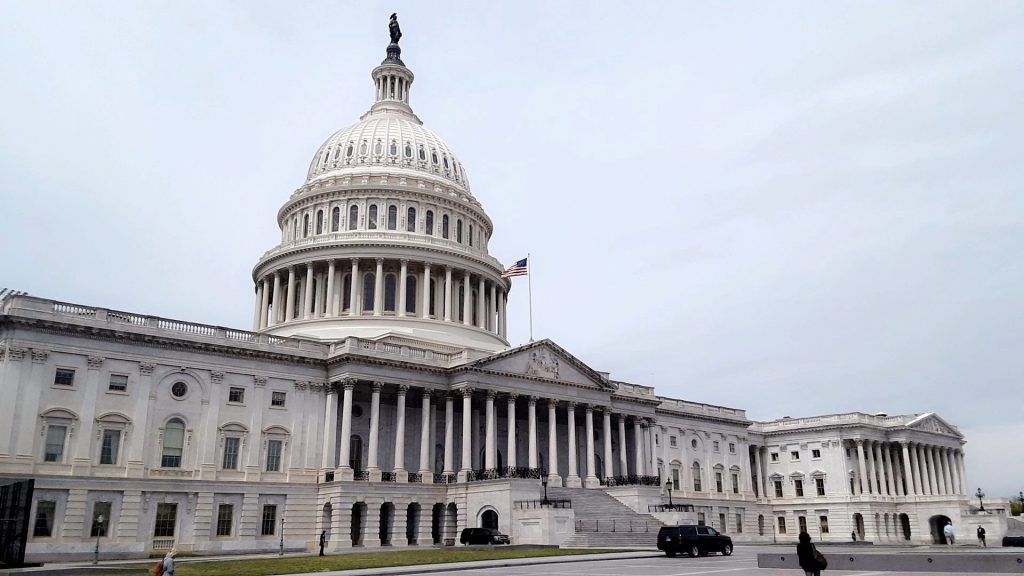
During SOTU speeches congressmen listen to what presidents say which reactions sometimes indicate how much backing or resistance there will be against implementation of a president’s proposed policies. Additionally, at this time Congress seeks accountability from the President who states his/her plans moving forward into a new year.
The Public’s View On Emmers Demand For Change
There are different views within society regarding Emmer’s demand for change. Some believe Emmer’s claim, saying that recent years have witnessed too much politicization during the delivery of these addresses. They think that could restore its non-partisan nature where politicians would just update people about situations at the national level without taking sides.
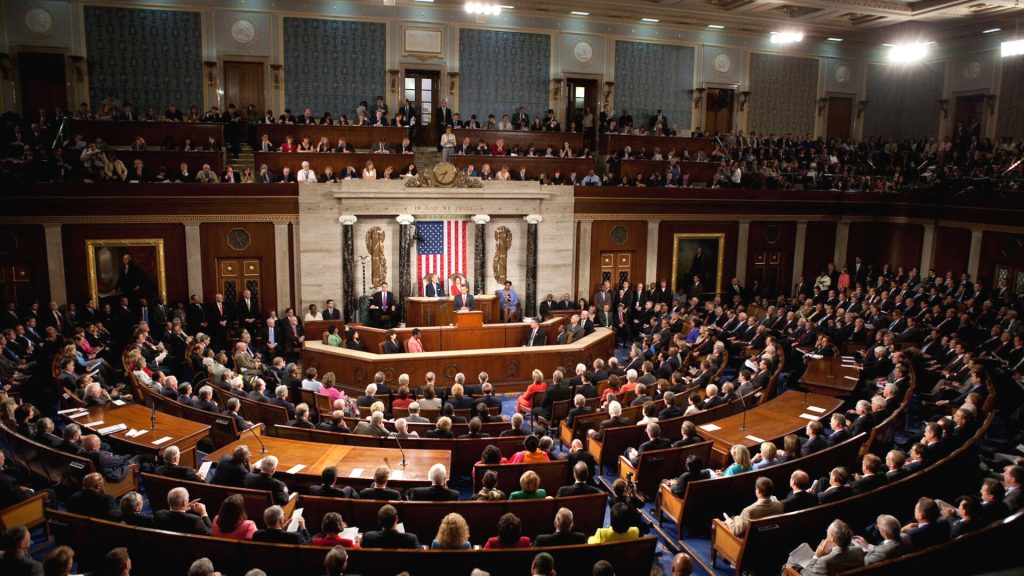
On the other hand, some see Emmer’s call as an attempt by him/ her to undermine Obama; arguing that the State of the Union Address remains a critical means by which he communicates with Americans hence restricting it may impede the democratization process.
The Future of the State of the Union Address
The future of the State of the Union address remains uncertain. Should there be a change in response to Emmer’s appeal, it could significantly transform this important speech. Instead of being an annual event where the President addresses Congress and the nation, the State of the Union address could become a more infrequent occurrence, or be delivered in a different format.
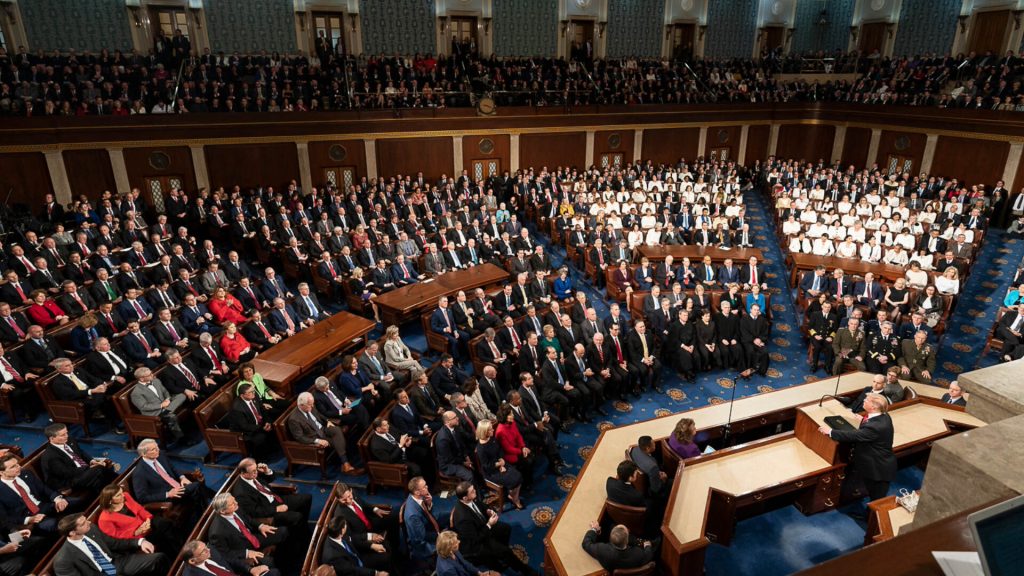
This could have significant implications for how The President communicates with the American people and their representatives in Congress.
What Will The Impact Be On Biden’s Presidency?
Biden’s presidency might be significantly affected if he is not invited to give future State of the Union addresses. The president’s State of the Union address represents an opportunity for presenting his vision, garnering support and directly addressing Americans.
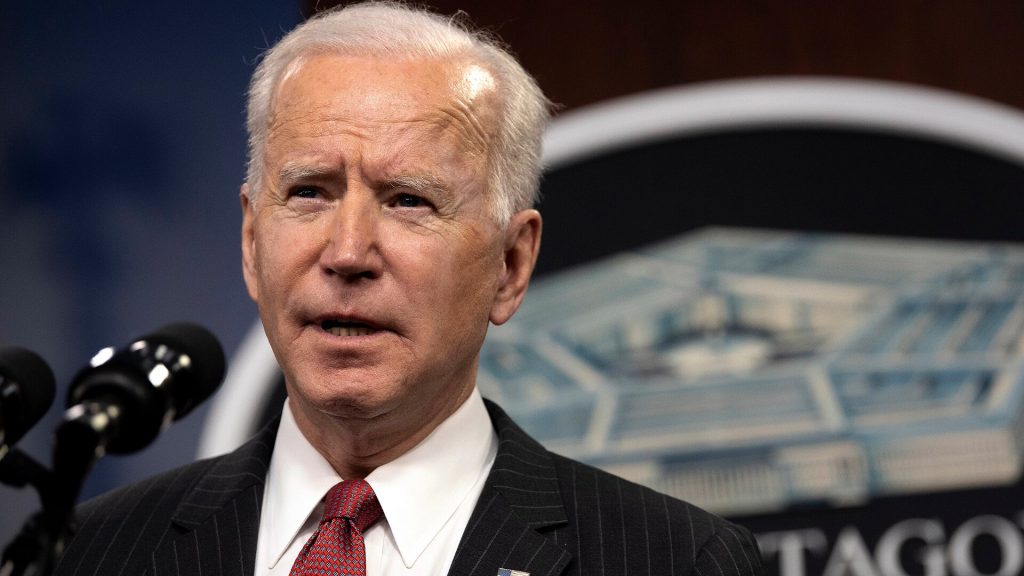
If President Biden is denied this platform, it would curtail his ability to communicate his policy agenda which could affect his governance. It might also pave the way for future presidents hence transforming relations between them and Congress in general.
The Broader Political Landscape
This issue is just one of many in the current political landscape, highlighting the deep divisions that exist in American politics today. The call for change in the format of the State of the Union address is reflective of a broader trend of polarization and partisanship.
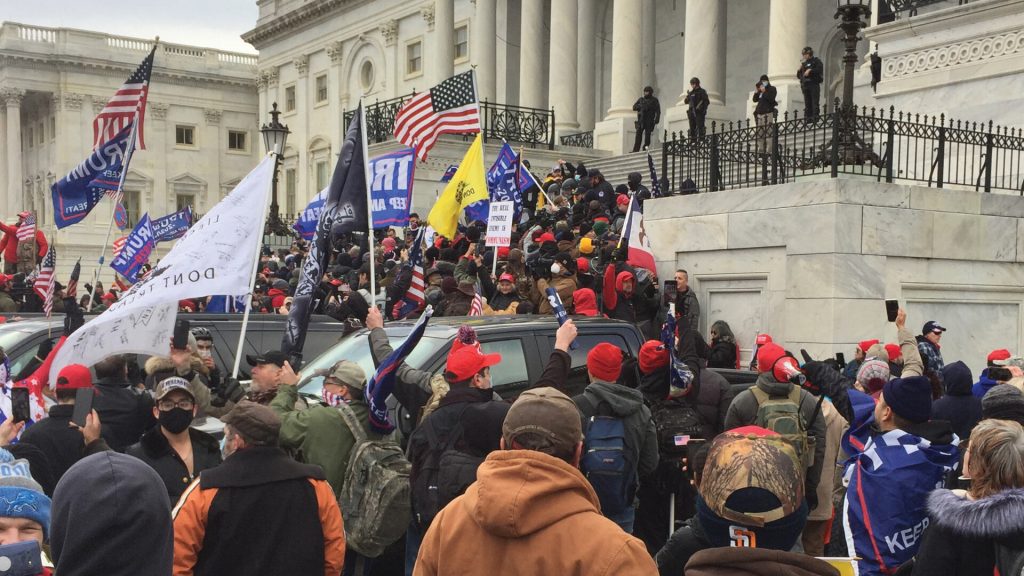
It underscores the challenges that lie ahead in bridging these divides and finding common ground. The State of the Union address, traditionally a platform for unity and shared purpose, has become a flashpoint in these debates, raising questions about the future of political discourse in the United States.
The Bipartisan Perspective
It is important to consider the bipartisan perspective. The State of the Union address is a tradition that transcends party lines. It’s an opportunity for the President, regardless of their political affiliation, to communicate directly with the American people and their representatives in Congress.
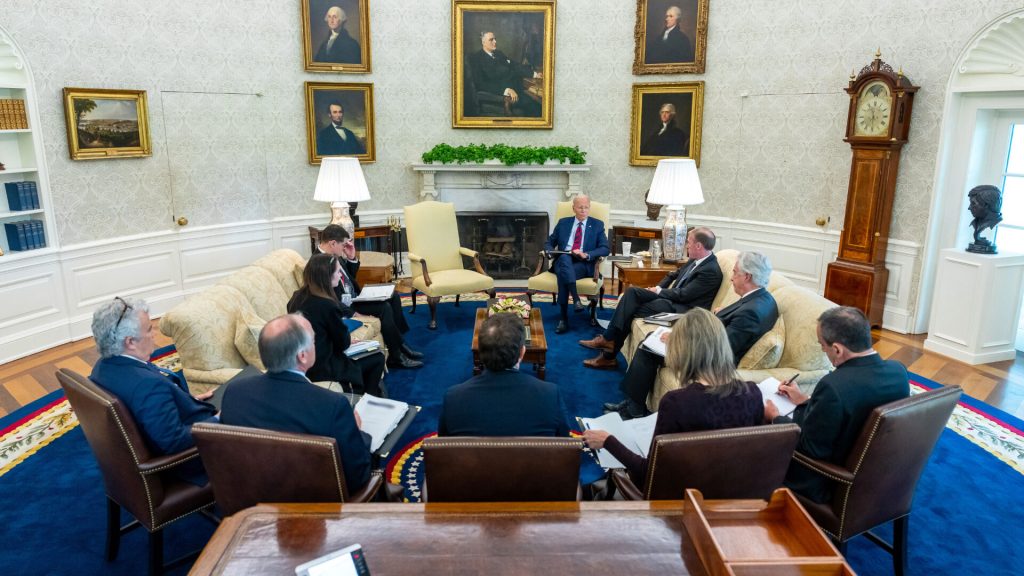
While Emmer’s call for change has sparked debate, it’s crucial to remember that the State of the Union address serves a purpose beyond politics. It’s a chance for the nation to come together, reflect on the past year, and look ahead to the future.
How Wil The 2025 State Of The Union Be Affected?
Whether or not future State of the Union addresses will be affected remains to be seen. However, this issue serves as a stark reminder of the deep political divides that exist in the United States today. It underscores the need for dialogue, understanding, and compromise in the face of these divisions.
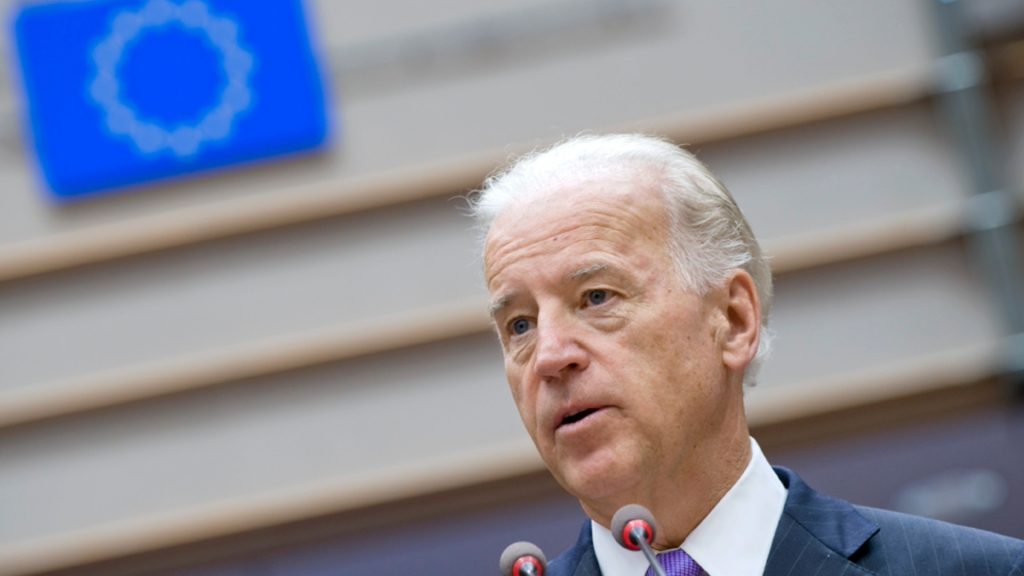
As the debate around the State of the Union address continues, it will be crucial to keep these broader issues in mind. The future of the State of the Union address, and indeed, the future of American politics, will depend on our ability to navigate these challenges and find a way forward.

